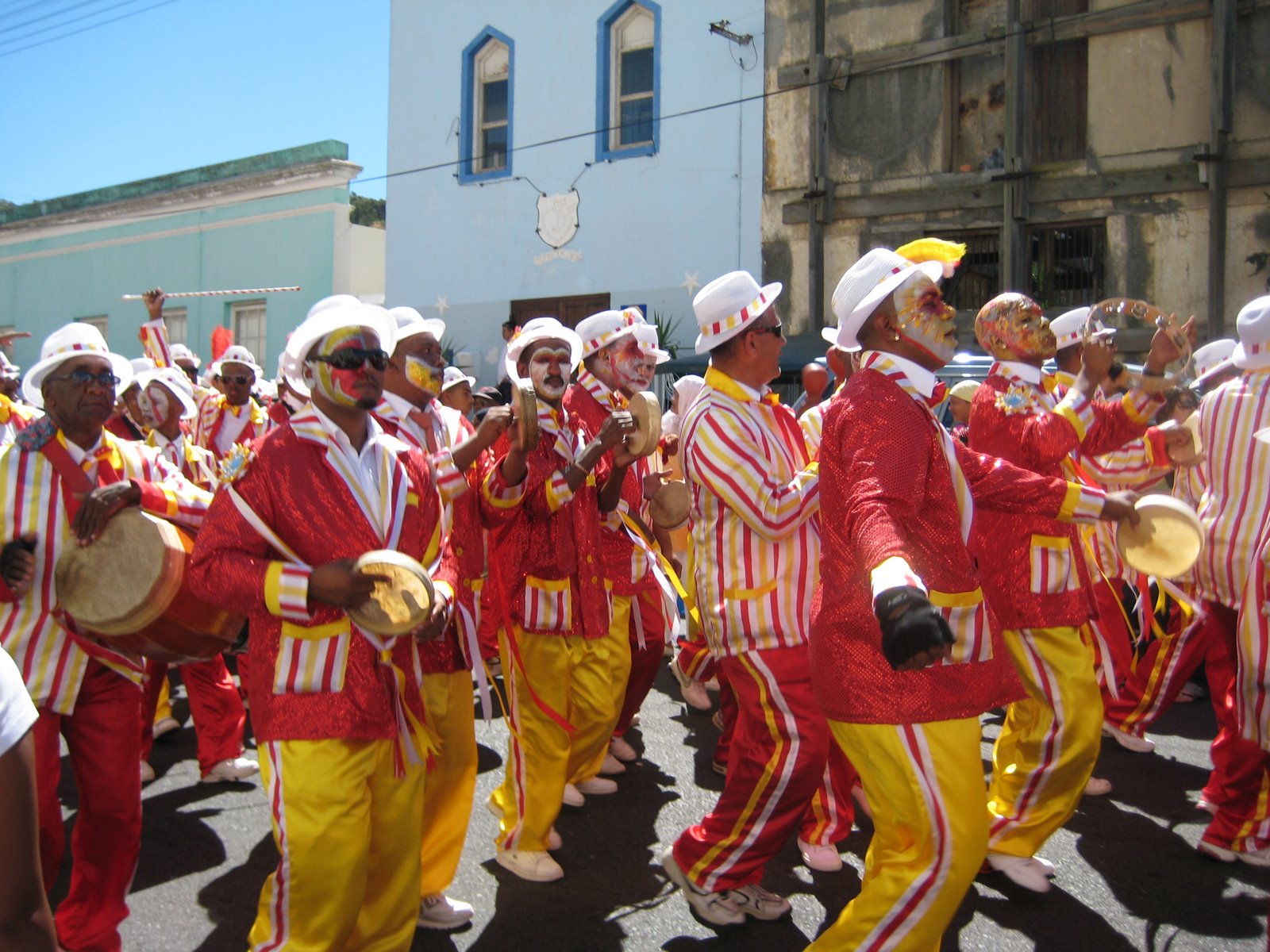An overwhelmingly negative response from the Muslim community towards the hosting of the minstrel’s Tweede Nuwe Jaar carnival on Moulood un-Nabi played a pivotal role in the event being shifted to Monday 5th January, according to Cape cultural writer for Independent Media, Moeshfieka Botha. The annual celebrations were originally scheduled to take place on Friday the 2nd January, but due to the Jumuah prayers, organizers resolved to postpone the event to the following day. However, this upset several of the minstrel troops, unhappy that the carnival would now coincide with the commemoration of the birth of the Prophet Muhammad (pbuh).
“Even though the majority of the groups are Muslim owned, only four troops publically came forward and said they would not participate in this event, because of Moulood un-Nabi,” said Botha.
Things became further complicated after a contentious press release, which suggested the street parade would go on as planned on Saturday 3 January, only halting for Maghrib prayers. This raised the ire of many Muslims in the community, who felt this was disrespectful.
After it emerged the CEO of the Cape Cultural Events and Carnival Committee, Kevin Momberg, had been misquoted, he then attempted to resolve the situation by declaring that the route would be shortened, and the event concluded before Maghrib.
“If you look at it logistically, for all of those troops to end before Maghrib would have been virtually impossible,” she said.
An agreement was eventually reached by the committee and the City of Cape Town on Tuesday, to shift the minstrel carnival by two days to the January 5th.
Having closely analyzed the social media response to the initial date change, Botha said the various platforms had been abuzz with Capetonians who were simply not happy with the move. However, she suspected a better response now that the issue had been resolved.
“For all intents and purposes, there is always a very negative connotation attached to the minstrels, and very much incorrectly so. The minstrels are made up of a good sector of this community, and people were thinking they would have said nothing about the fact that it would take place on Moulood. But they must be impressed with it (the change),” she said.
Addressing the logistics of the event, she said it was important to note that although the City of Cape Town and Western Cape government had both pledged millions towards the hosting of the annual celebrations, not a cent was likely to go towards any of the respective minstrel groups. Rather, the entire bulk of finances would be used for logistical and organizational purposes.
The first of the annual minstrel celebrations kick off on Wednesday evening, with the Christmas Choirs expected to march through the City CBD between 12pm and 6am on Christmas morning. On New Year’s Eve, the Malay Choirs will take to the streets of Cape Town, this time marching from Keizergracht. The celebrations will conclude with the Tweede Nuwe Jaar parade on January 5th. VOC (Mubeen Banderker)






 WhatsApp us
WhatsApp us 


1 comment
From the English translation of the Musnad of Imām abu Abdullah Ahmad bin Muhammad bin Hanbal ash-Shaibani, translated from Arabic by Nasiruddin Al-Khattab, edited by Huda Khattab; Volume 3, The Musnad of ’Abdullah bin al-’Abbas , Ḥadīth Number 3478:
’Amr bin Dinar narrated that Abu Ma’bad, the freed slave of Ibn ’Abbas, told him that Ibn ’Abbas ( ) told him that raising the voice in dhikr when the people have finished the obligatory prayer was done at the time of the Prophet ( ), and that he said: Ibn ’Abbas ( ) said: I would know that they had finished [the prayer] when I heard that.
Publisher’s Comments: [Its isnad is saheeh, al-Bukhari (841) and Muslim (583)]